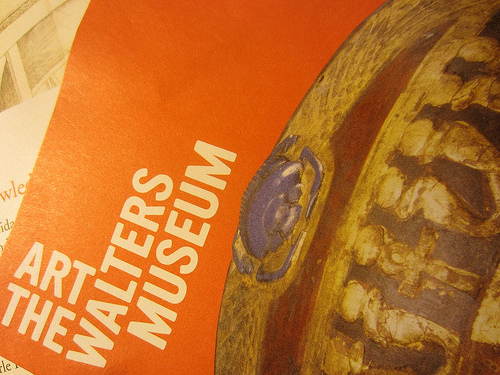I have never stayed overnight in a hospital. My only real surgery was to remove my wisdom teeth. After that, I vaguely remember being walked by my mom to a waiting car, brought home, and allowed to sleep — in my own bed — for the better part of the next 24 hours. Even with the puffy cheeks, it was worlds better than the common post-surgery experiences of someone who doesn’t have someone to pick them up, some way to transport them, and some place to sleep.
Medical recovery for someone who is homeless means taking open wounds, broken bones and compromised immune systems out into the elements. You don’t get to stay an extra night in a hospital bed just because you don’t have another bed to move to. Some Medical Respite Centers do exist, providing a place for those without housing to recover, but only in limited quantities. There are 25 beds for medically fragile homeless people in Baltimore City, 104 in Boston, 30 in Denver, four in Austin, zero in Detroit and zero in New Orleans. Even when beds are available, patients are not always referred to them.
Perhaps busy hospital staff believe that the homeless are the responsibility of shelters, not medical centers. In Los Angeles, a hospital recently got a $125,000 fine for “dumping” as many as 150 patients in homeless shelters. This is hardly a medically sound plan, because shelters cannot even accept patients if their health needs are too great. A person with an oxygen mask, an open wound, or a contagious disease is typically not allowed in a shelter. Even inside the shelter, patients run the risk of having their prescriptions lost or stolen. Not surprisingly, this often lands the recently discharged back in the hospital — this time, in the emergency room — with infection or complications from their treatment. Hospitals can become traps for the people experiencing homelessness — a revolving door of disease and disarray.
What might be the easiest first step to improving recovery — asking an individual if he or she has a place to go — is hardly implemented when talking with patients. One study found that only 44 percent of homeless patients were asked about their housing accommodations for the night after their discharge, and 11 percent spent the first night after leaving the hospital outside.
The right questions and improved resources can change the health outcomes for homeless individuals. In California, hospital discharge procedure for the homeless sometimes includes a bus pass. In Austin, the founder of a city housing program proposed a new policy, in which he suggests patients not be sent away from medical care if they lack a safe and stable place to go. The plan, called Discharge No One Into Homelessness (DNOIH), is only a petition now, but its implementation could help improve health among homeless populations.
Over 200 cities in the United States have developed 10 Year Plans to End Homelessness, yet homeless patients are often discharged without so much as a plan for the next 10 hours. If we cannot ensure short-term health, there is little hope for more long-term change.


Jasmine- This is a very important blog. Thank you for writing it. It is because of stories and statistics like the ones you share here that we launched the Discharge No One Into Homeless, DNOIH campaign. Rather our tenet is to: Discharge them into a safe housing environment …on their original out date.
We see this entire scenerio affecting foks leaving Hospitals, Homeless Shelters, the Military, Prisons, Halfway Houses, mental health facilities, Youth aging out of Foster Care…all institutions because at no time do we have as much information about these individuals.
We are about to release the nations first White Paper on Homelessness Prevention and this will be a big piece of that initiative.
Keep up the good work. Together, we are making a difference.
Thank you Jazz – your thoughts, concerns, ideas are valuable for us here in RI too. You are doing great stuff – keep it up!
Good work Jazz. Important that people understand what is happening right under our noses.
I just read all your blogs, Jazz. Thank you so much for all the thought-provoking information you are giving us. Keep up all your good work.
Jasmine thank you for sharing this wonderful piece of information with us.
Also I would like to share a Documentary “The Origins of Homelessness”-told by the people who live in the streets just to create more awareness on life of homeless people.I hope this film will help us to contemplate & become more compassionate towards our fellow beings and to really make a change in world .Keep up this good act of kindness 🙂
www (dot) cultureunplugged (dot) com/play/11518